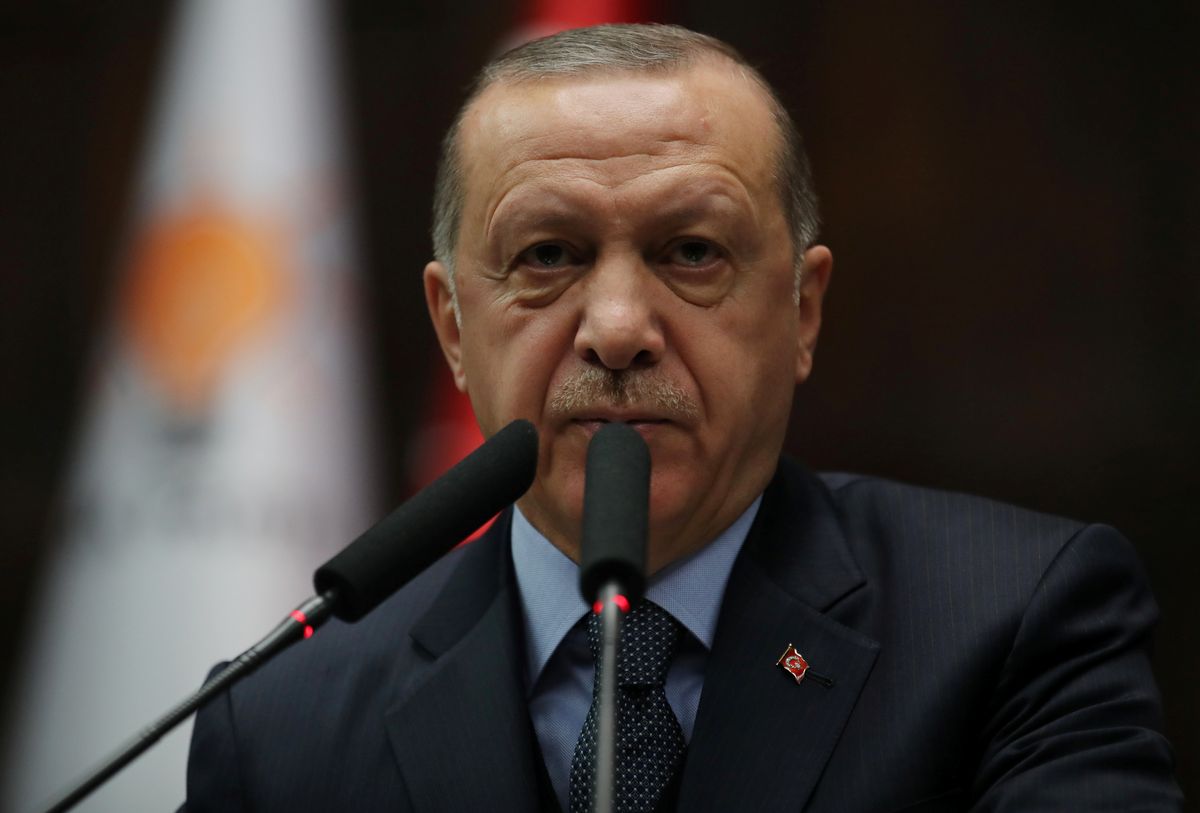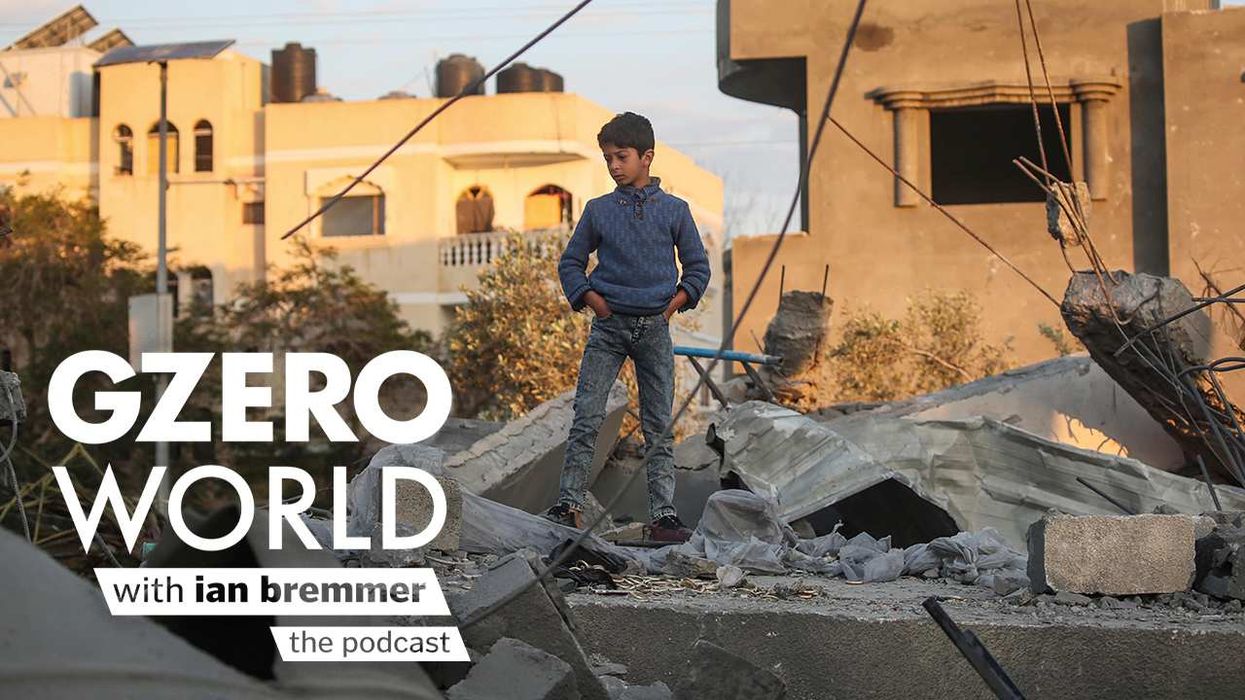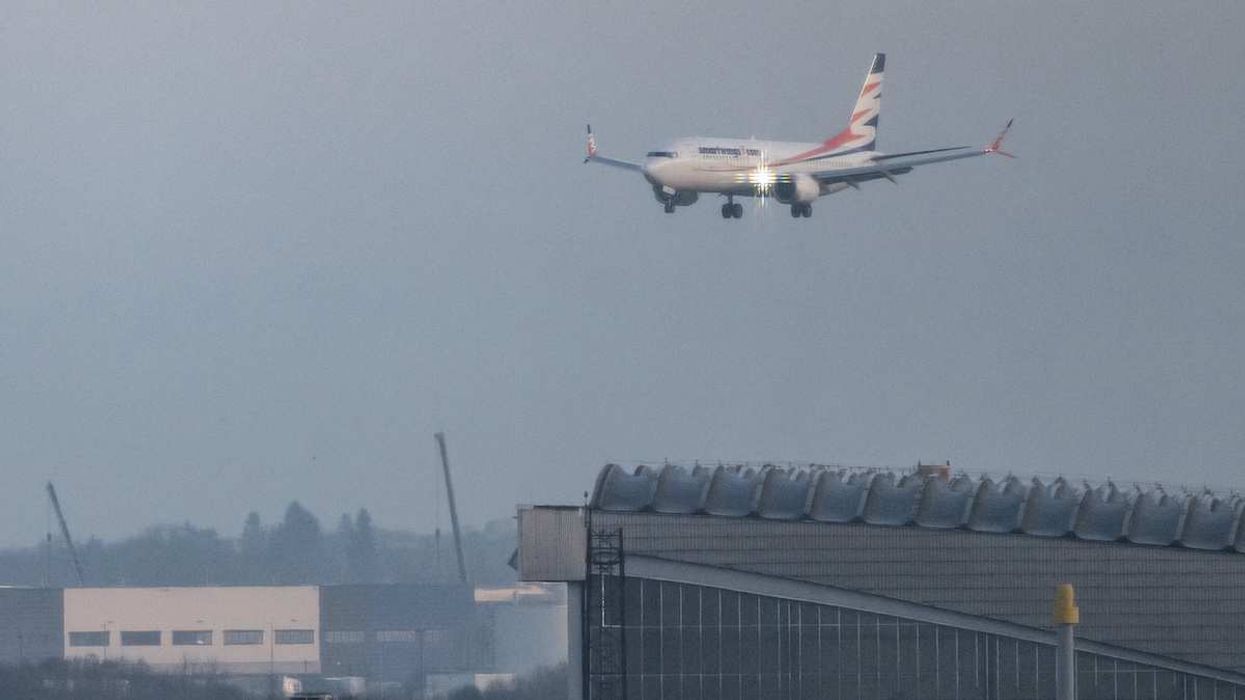Turkish President Recep Tayyip Erdogan was overjoyed about Donald Trump's decision to remove US troops from Syria. Until now, the main thing preventing Erdogan from crushing Syrian Kurds just across the border was the protection of US forces who've been fighting alongside them.
So it's little surprise then that US National Security Advisor John Bolton, who just days earlier committed to slow-roll the president's withdrawal plan, was greeted less than warmly upon arriving in Turkey yesterday. Erdogan calledBolton's precondition that America's Kurdish allies in Syria be protected "unacceptable" and was so put off that he refused to meet with him altogether.
What's got the Turkish president so riled? Erdogan has long viewed Kurdish militias operating in northern Syria as an extension of the Kurdistan Workers Party (PKK), a violent Kurdish nationalist group within Turkey which Ankara considers a terrorist organization. As it happens, the EU and US agree on that.
But there's a big split between Washington and Ankara over the Kurdish militia across the border in northern Syria, known as the People's Protection Unites (or YPG). Turkey considers them an offshoot of the PKK that ought to be destroyed before it can set up a truly autonomous Kurdish region in Northern Syria.
The US, meanwhile, views the YPG as a valuable ally in the fight against ISIS and does not consider it a terrorist organization, which infuriates Turkey.
With the US withdrawal, Erdogan saw an opportunity to send Turkish troops and tanks into northern Syria, crush the Kurds, and declare "Mission Accomplished" all before crucial local Turkish elections in March. Sinking in the polls and with Turkey's economy in tatters, he could certainly use the political boost. But with the Trump administration suddenly attaching conditions to any US withdrawal from Turkey, that golden opportunity is fading.
Yesterday Erdogan reiterated his intention to move forward with an incursion, but doing so would risk significant political, and possibly even military, blowback from the US, to say nothing of a potential clash between US and Turkish troops.
The bottom line: The domestic consequences of Trump's hasty decision to bring home US troops from Syria were apparent almost immediately when Defense Secretary Mattis resigned over the issue. But now we are starting to see the thornier regional and US foreign policy implications as well.



















